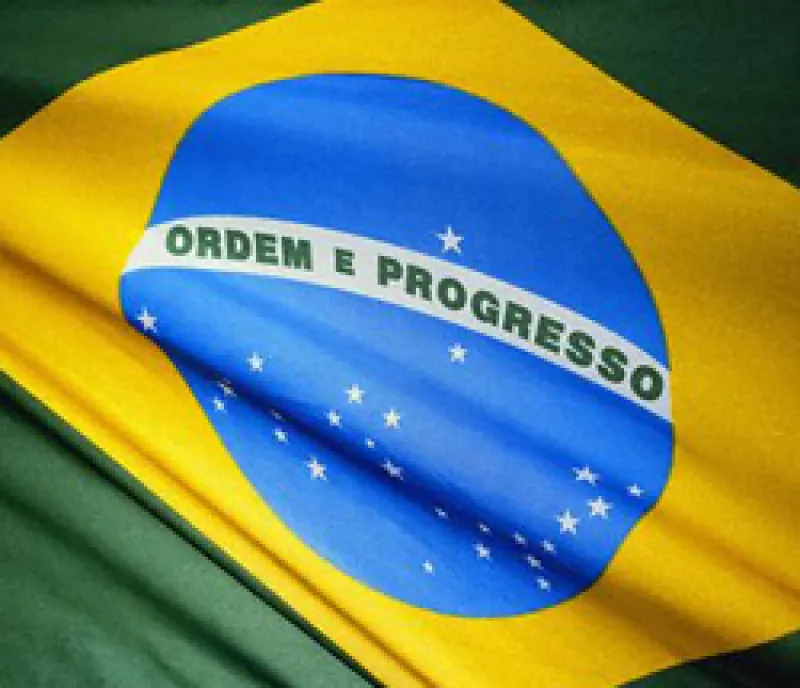
In Brazil Easy Credit Threatens The Boom It Created
Opinion diverges sharply on whether the nation's sustained boom attests to Brazil's emergence as a fast-growing but fundamentally sound emerging economy or amounts to an incipient bubble of the all-too-familiar credit-driven Latin American variety.
David Adler
July 26, 2011


